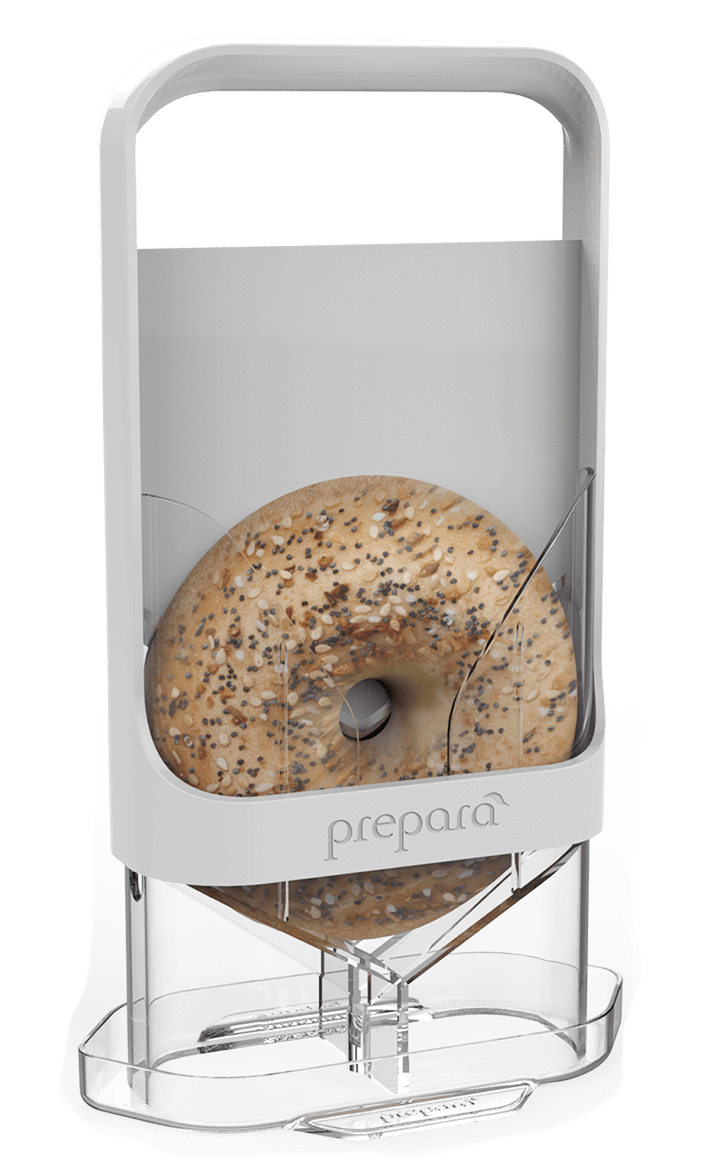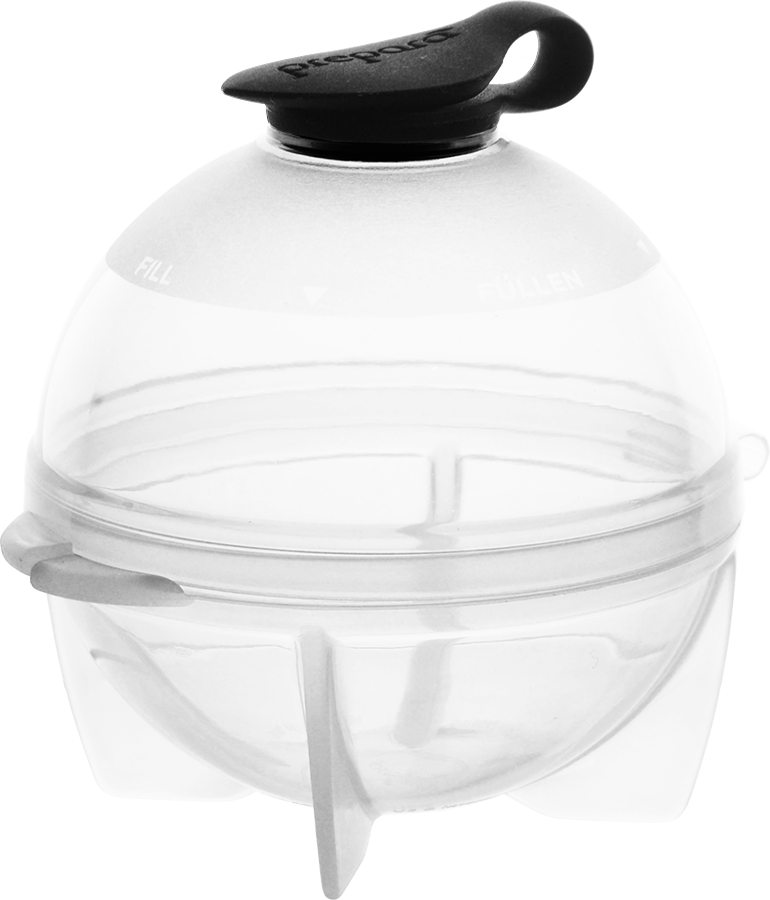Preparing healthy meals for your family can be stressful, not only because of the expense but because of societal pressures to do everything right as a parent. Just as it is important to provide healthy meals, it's also important to not judge others for their habits. Instead, take what you learn and educate your peers and neighbors. Here are a few things you can do to make sure your family has a healthy relationship with food.
Prepare Ahead of Time

When you have free time, take the opportunity to plan out meals for a week or several days in advance. Preparing and labeling meals by day allows you to plan and administer proper diets, and it saves the hassle of cooking later. Of course, some foods like meat can't be refrigerated or frozen for long without suffering detrimental effects. Meat-based dishes have about a day-long window for reheating. Don't fault others who don't cook meals in advance; remember that they may not have time or energy after a long day of work. Also, healthy foods are often more expensive than cheap, processed foods. You can reduce the cost of eating healthy by preparing food with all the right tools.
Develop a Healthy Relationship with Food
Avoid shaming yourself for serving unhealthy food every so often or having a sugary snack. Attempting to maintain an iron grip on a diet to the detriment of other aspects of your life is characteristic of several eating disorders. Healthy eating is supposed to increase your overall wellness, not give you another club with which to bludgeon your self-esteem. Not only is self-esteem damage a hamper on your wellbeing, but it will cause a negative feedback loop of unhealthy habits. According to Peter Gurney, there is a strong interdependent relationship between self-esteem and behavior modification. Which makes sense – you’re never going to build healthy habits if you don’t trust yourself to be able to succeed.
Don't Make Judgements on Others
Unless someone specifically asks for your opinion on what he is eating or the diet he follows, do not comment or pass judgement on it. At the very least, keep your opinion to yourself and teach your family to do the same. It's important to focus on your own life without worrying about what others are doing. A vegetarian or vegan, for example, can be just as healthy as someone who eats animal products. It may take more commitment and effort to maintain such a diet, but it is not impossible. If you have family members or friends that have alternative diets, respect their choices to maintain harmony.
Respect the Dietary Needs of Others
Avoid looking down on others for their dietary choices. Even the unintentional insinuation that somebody is overweight can contribute to eating disorders such as Anorexia Nervosa. According to Tapestry, this disorder is characterized by “a distorted body image accompanied by an unwarranted fear of being or becoming overweight.” This is especially dangerous, because this disease has the highest mortality rate among eating disorders.
Don’t misunderstand; you are not responsible for the choices that others make. But when someone is vulnerable or sensitive about an issue, you can and should take reasonable steps to show sensitivity to their situation. And while we certainly encourage healthy eating practices, you should pursue healthy habits to preserve your own wellness, not to achieve unrealistic beauty standards or to please someone else. Put simply – be the best you that you can possibly be. That’s all anyone can expect.






















